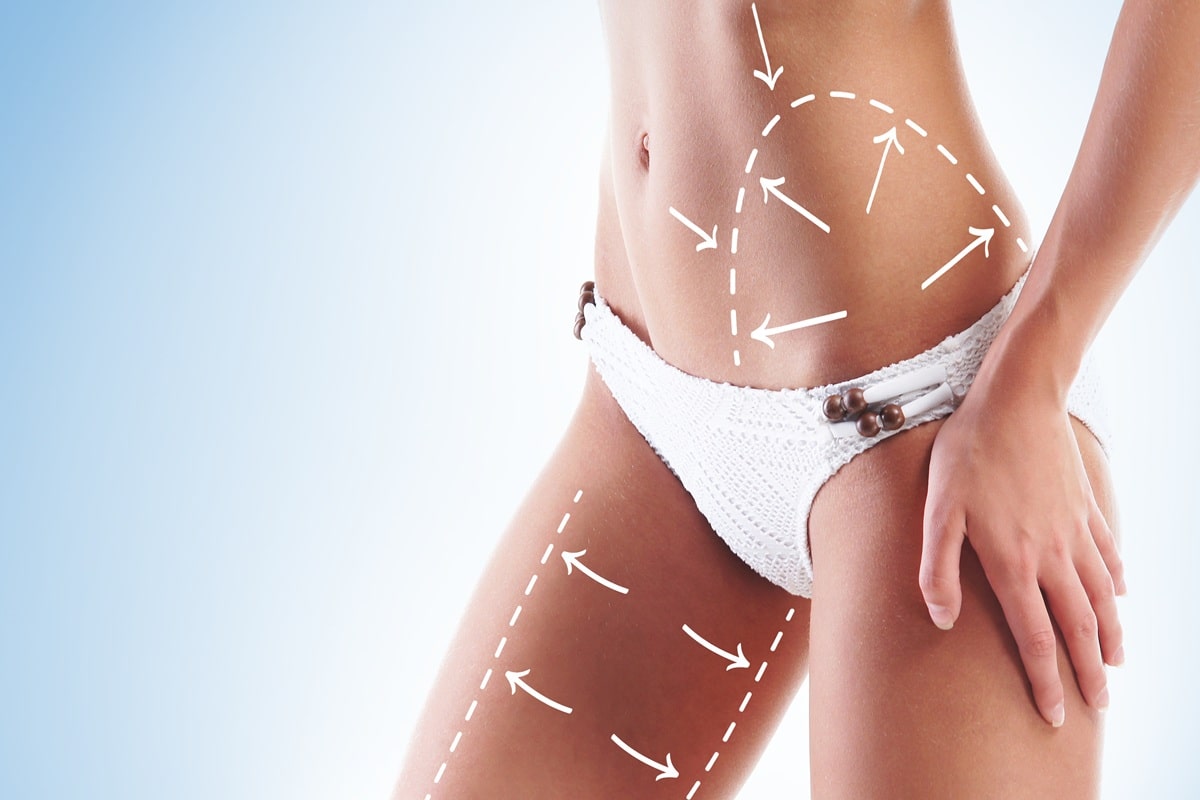How to strengthen the body before anesthesia, or what can you eat before anesthesia?

The upcoming surgery is a time full of both excitement and anxiety for many people. One important part of preparation is a proper preoperative diet. What we eat in the days leading up to surgery can have a significant impact on the course of anesthesia and faster recovery. What foods are worth including in the menu, and which are better avoided? What are the general rules of nutrition before surgery? Find the answers to these questions in the article.
Importance of preoperative diet
Any surgical procedure puts a strain on the body, so it is worth preparing for it, including by including the right products in the diet. When the body has a supply of energy components, it can begin the processes of restoring normal organ function and wound healing. If they are insufficient, the complication is abnormal tissue adhesion. Muscle strength is also weaker, which prolongs recovery and daily functioning.
Diet before surgery
Preoperative diet can start as early as 3 months before surgery. During it, it is advisable to choose products rich in protein, which provides substances that enable proper anastomotic fusion and repair of damaged tissues. It is therefore recommended that the daily menu include lean meat (e.g., poultry, beef), fish, dairy products (e.g., cottage cheese, homogenized cheese, skyr), eggs, cream cheese, tofu and pulses such as lentils, chickpeas and beans.
In the preoperative period, it is necessary to take care of the supply of omega-3 fatty acids, from which the body draws components for building cells and tissues. Their sources are fatty fish (sardines, mackerel, salmon), seafood, canola oil, flax seeds, walnuts, almonds, sesame, butter.
Adequate iron intake is also important. It is an element necessary for the production of hemoglobin, which supplies oxygen to all parts of the body. When there is not enough of it in the body, it is easy to suffer from fatigue, lack of energy and weakened immunity. Foods rich in iron are mainly red meat, offal, oatmeal, amaranth, dried apricots, cocoa, buckwheat groats, and beets.
Supporting the body in the pre-operative period is vitamin C, considerable amounts of which are contained in bell peppers, black currant, parsley, kiwi, pickles, tomatoes, potatoes and horseradish, among others. Vitamin C accelerates wound healing, reduces bruising and strengthens blood vessels, which is very important for the planned operation.
The right level also helps wounds heal faster:
- Vitamin K - good sources of it are kale, spinach, Brussels sprouts, broccoli, parsley, cabbage, beef liver and cow's milk;
- selenium and zinc - are solid immune support, hence it is worth supplementing the diet with lean meat, fish and seafood containing them, as well as yeast, mushrooms, peas, beans, algae, nuts, pumpkin seeds, whole grain products, garlic;
- Arginine - is an amino acid that accelerates the body's regeneration and is an important building block of collagen fibers, which helps rebuild skin damaged during treatment. Most arginine is found in nuts, brown rice, poultry meat and spinach;
- Dietary fiber - improves intestinal function and prevents constipation. It is most abundant in whole-grain cereal products, raw vegetables and fruits (however, their consumption should be limited a few days before the procedure).
Proper hydration is also very important. It is recommended to drink about 1.5-2 liters of water per day, and limit sugary sodas and energy drinks, which have no place in a healthy and well-balanced diet.
It is also worth taking care of immunity. Prevention of viral infections includes:
- physical activity;
- An adequate dose of sleep;
- Avoiding cigarette smoking and exposure to tobacco smoke;
- Regular consumption of fresh vegetables and fruits (with every meal);
- Rest (preferably in the fresh air);
- alcohol avoidance.
What to eat 30 days before surgery?
Roughly 30 days before a planned operation, it is a good idea to reduce the proportion of foods in the diet that contain ingredients that affect blood thinning and increase the risk of bleeding during surgery. These include garlic, onions, ginger, salmon, chili, as well as herbs such as ginseng, sage andginkgo biloba.
What to eat 14 days before surgery?
The closer you get to the scheduled date of surgery, the more attention you should pay to your diet. Still, you should not include excessive amounts of herbs and spices that dilate blood vessels and whose excess can promote the aforementioned bleeding during surgery. It is also important to refrain from drinking green tea, which can interact with anesthetics and other medications used during the perioperative period. It is also worth remembering not to take any supplements or over-the-counter medications on your own.
Diet one week before surgery
A few days before the operation, you should completely refrain from drinking alcohol. It is also good to limit products rich in vitamin E, such as pumpkin seeds, almonds and vegetable oils, as they have anticoagulant (blood-thinning) properties. Processed products should be avoided, especially canned vegetables, fish and meat, as well as sweets. Vegetables that cause bloating, especially cabbage and pulses, are also recommended to be excluded from the diet.
Diet the day before surgery
Twenty-four hours before the procedure, you need to limit your intake of caffeine (present not only in coffee, but also in energy drinks and cocoa). It is better to eat foods that are easy to digest, and avoid those that can strain the digestive tract. It is important that the diet in the preoperative period fully covers the need for energy, nutrients, vitamins and minerals. It is also important that it is tailored to the patient's dietary needs and preferences.
Every surgery is a challenge for the body, but also a chance to take a little closer look at your eating habits. This is a good time to change your eating style to a healthier and more balanced one, which is worth continuing even after surgery. We recommend consulting a nutritionist to arrange a tailored diet that will support the healing process.
FAQ
What can you eat before surgery?
Above all, it is advisable to include in your diet products with a high protein content, including meat (poultry is recommended), eggs, milk and milk products - also keep in mind vegan sources of protein.
What vitamins to take before surgery?
During the preoperative period, you can safely reach for omega-3 fatty acids, namely EPA and DHA, and vitamin D. The use of any other vitamins and medications and their dosages (including over-the-counter) should be consulted with your doctor as early as possible.
How much protein to eat before surgery?
Protein is an important part of the preoperative diet. The demand for this component before surgery and during recovery increases by up to 40%. This means that a person weighing about 70 kg should increase the supply of protein by an average of about 28 g (there is so much of it in, among other things, 4 eggs and ⅔ of a chicken breast). However, it is worth remembering that the needs of each body are different, so the protein supply, as well as the entire diet before surgery, should be consulted with a surgeon or nutritionist.
What not to eat before anesthesia?
Before the procedure itself, it is advisable to avoid fried foods, foods high in dietary fiber, and legumes. You should also carefully follow the guidelines received at the clinic. The specialist will best determine the duration of the hunger strike - the minimum is usually about 6 hours.




.jpg)









